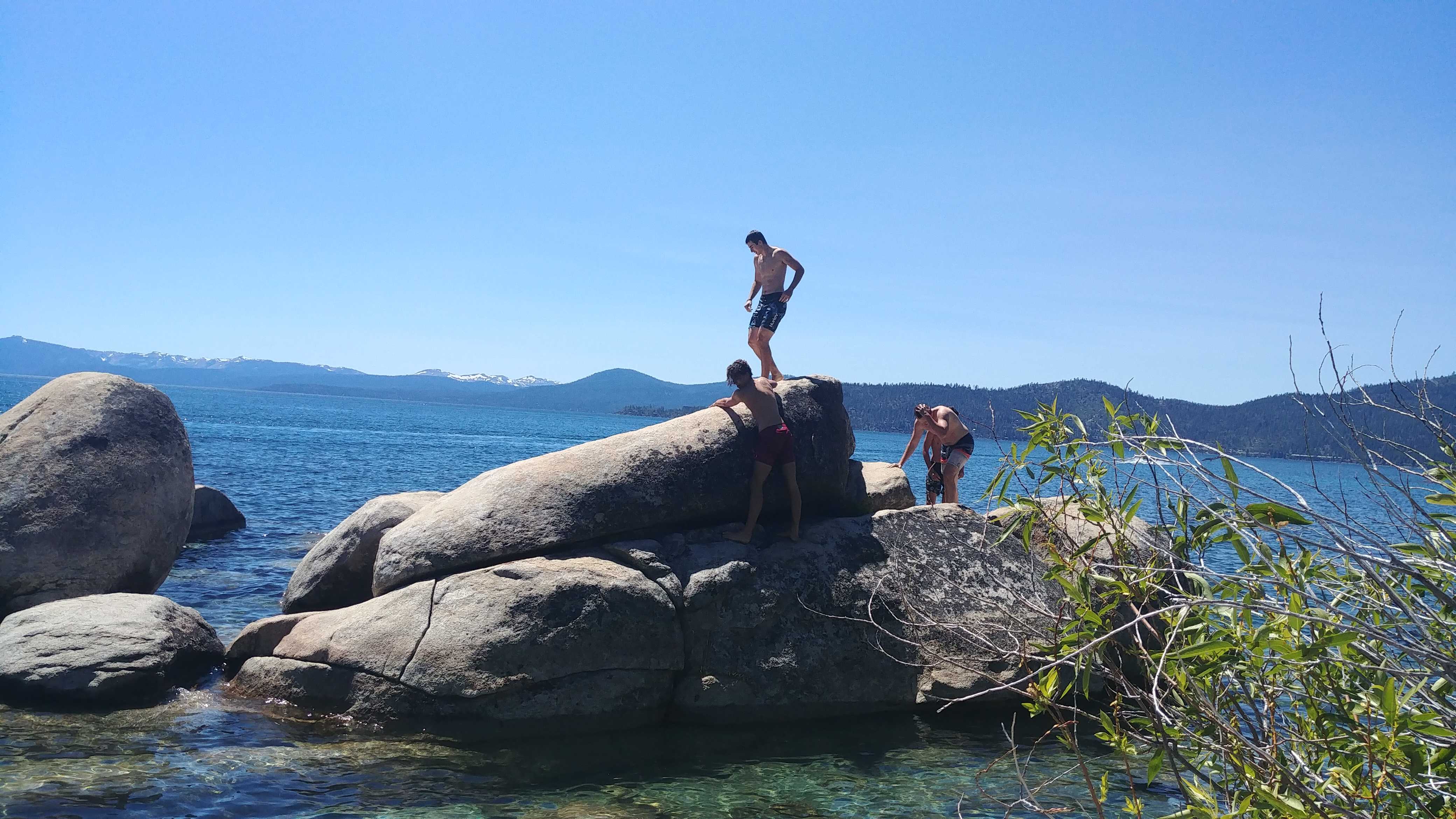
Regardless of your current grade, you should not wait until May to decide what you’ll do with your summer break from school. Many summer programs have application deadlines in January or February, so now is the best time to start thinking about your goals and find activities to help you reach them.
You’ve worked especially hard this year and are probably looking forward to a well-deserved summer break. However, while you should absolutely take time to recharge mentally and physically, it’s also important not to completely disconnect for months on end. Summer is the perfect time to work on your personal and academic goals—albeit at a more leisurely pace.
Regardless of your current grade, you should not wait until May to decide what you’ll do with your summer break from school. Many summer programs have application deadlines in January or February, so now is the best time to start thinking about your goals and find activities to help you reach them.
For example, students in every grade should have two basic academic goals: to maintain their current knowledge and to prepare for the next school year. Accomplishing these goals could be as simple as creating a reading list, or something more structured like registering for online college courses.
Brainstorm other specific academic or personal goals by speaking with your parents or counselor. In the meantime, here are some general recommendations for each high school grade level:
Current freshmen
Freshman year is all about exploration—taking new subjects and joining new extracurricular activities—and this idea extends to the summer after freshman year as well. Use this summer to explore your academic and personal interests.
Take a MOOC (massive open online course) on a platform like edX or Coursera. Learn a new skill with private lessons or by watching YouTube videos. Join a community organization that supports a cause close to your heart—many are operating virtually these days so it could be as easy as joining a few Zoom calls to get started.
Current sophomores
Now that you have two years of high school experience, it’s time to start honing your academic and extracurricular interests. While you don’t need to choose your college major now, you can dive deeper into your favorite subjects to get a better sense of what you might study in the future.
Many universities offer programs for high school students in which you can take academic courses, participate in research, or practice performing arts. You could also find a volunteer opportunity or part-time job for real-world experience, valuable skills, and connections to the greater community—even better if you can return the next two summers!
Current juniors
This is arguably the most important summer of your high school career. Keep in mind that you will be submitting applications in the next academic year. This summer is the time to prove to those colleges that you have what it takes to succeed on their campus.
Take college-level courses (for-credit, if possible) related to your intended major. Remember to dedicate time to write your personal statement and begin your supplemental essays—you should have these finished or nearly finished by the beginning of senior year so you can focus on your courses.
Current seniors
Congrats! You’ve been accepted to college and are surely excited about starting in the fall. This summer, set aside time to prepare academically for college, as well as deciding how to decorate your dorm or forming virtual friendships with your future classmates. If your college has gen ed requirements, then this is a good time to take a couple of those courses. Whatever you do, keep your academic muscles in shape so that you can hit the ground running this fall.
--
As a final note to students in all grades, keep in mind that admissions officers want to see your authentic self. If you’re considering doing something only because it will “look good” on your application, then think again. Admissions officers compare your activities to the rest of your application, and if something isn’t genuine, they will spot it. Find things that you truly enjoy and that help you grow in meaningful ways— that is what looks best on your application.